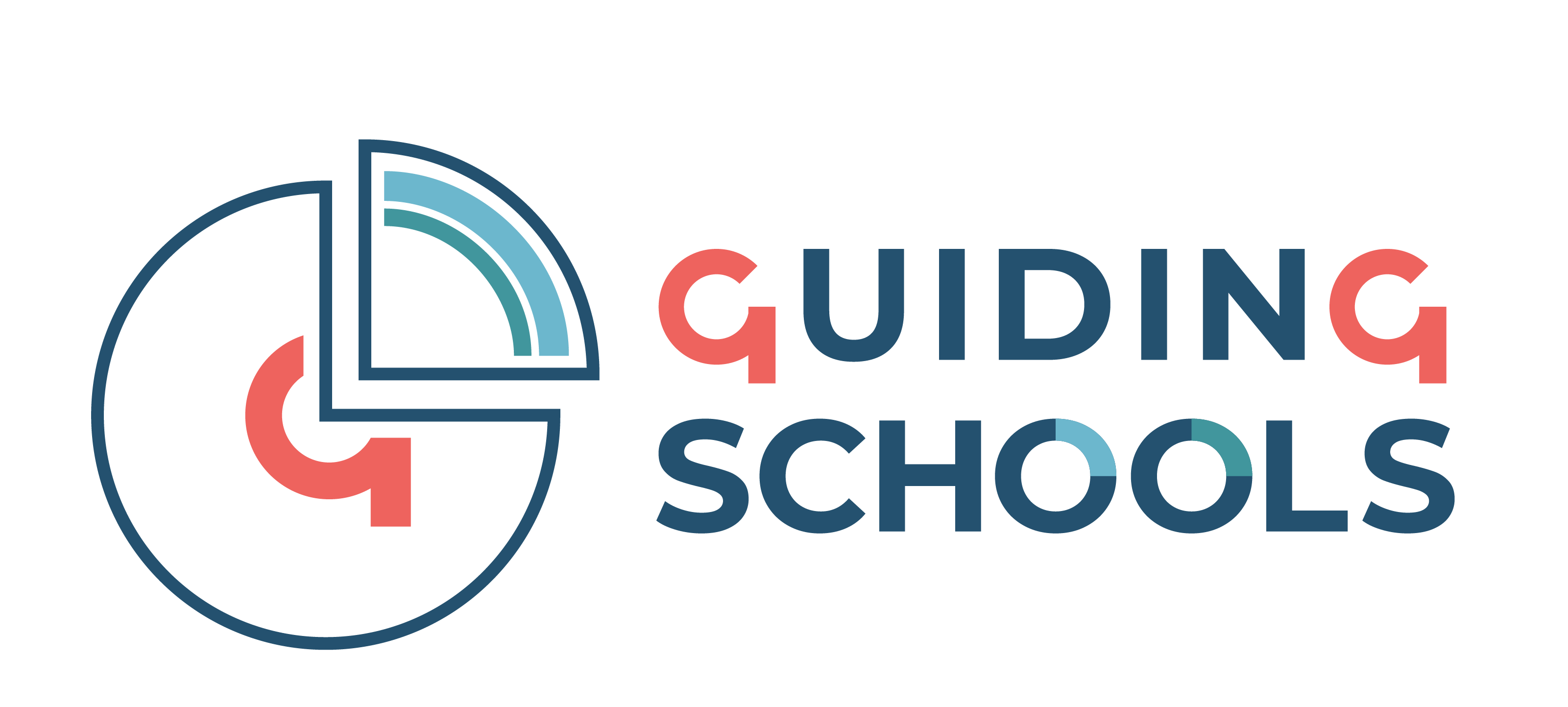by Erik Hagaseth Haug (Phd)
To develop systems for quality in career guidance is high on the agenda in European countries. In this short introduction, we will focus on main issues to pay attention to in such a development. As a starting point, defining quality in career guidance would be useful.
Defining quality in career guidance.
The Oxford dictionary defines quality as “the standard of something as measured against other things of a similar kind; the degree of excellence of something”. Hooley and Rice (2018) describe quality assurance in career development as “a range of techniques that can be used to ensure consistency in the way that activities are approached.” As seen in the definitions, it is important with a focus on (1) “what should be measured and how do we know that it is excellent?”, (2) “what should be done to meet the excellent outcome?” This includes both how the service is organized and the concrete activities chosen to meet the expected outcomes.
That said, it is important to be aware that expected outcome, “what should be excellent”, may differ among different stakeholders. As stated be professor Sultana: “‘If you scratch below the surface, we discover that we have different views about what ‘quality’ really is. This is likely to depend on who we are, our social background, the evaluative criteria we use, past experiences, and so on. Most importantly, different people have different expectations and standards’ (Sultana, 2018, p. 8). Furhter, “How issues of quality are conceptualised and addressed in the field of career guidance varies across different countries and contexts for policy and practice” (Hooley & Rice, 2018).
A need for context-resonant system for quality assurance.
Following the argumentation, it is recommended to pay close attention to national, regional and even local contextual differences to ensure that the systems developed to assure quality fit the given context. This implies the need to focus on both measuring if we meet a given set of standards or recommendations, and at the same time give attention to whether the chosen outcomes, activities and organization are relevant.The model emphasize an awareness of the need to ground career guidance approaches in the specificities of economic, social and cultural realities to secure that the action taken resonates the specific issues in a given context. This implies that before a quality framework can be fully utilized, it has to be adjusted and customized according to the given contexts. It involves taking a quality system in context perspective that considers complexity and avoids oversimplification of societal structures and mechanisms that potentially affect the usefulness of it.
Building on Hooley (2019), this short introduction can be summarized as follows. A quality system cannot just be a framework that is written down (Hooley, 2019). If it is going to have an impact, both on an individual and societal level:
• it needs to be implemented and governed carefully.
• build on lessons learnt from other countries and theoretical contributions on the complexity of quality as concept,
• combined with a sustained awareness of the need to be context resonant for national, regional and local characteristics, and
Further reading
Haug, E.H. (in press) The importance of a context resonant quality framework in continuous professionalization of career guidance: the case of Norway. In Rethinking professionalism of career practitioners in the digital context. Cedefop.
Haug, E. H. (2016). Kvalitet i norske skolers karriereveiledning [Quality in Norwegian schools career guidance] (Doctoral thesis). Høgskolen i Innlandet
Haug, E. H. (2016). Can you hear the people sing? Quality-development in career guidance in Norwegian Schools: A study on the importance of awareness of different voices. Journal of the National Institute for Career Education and Counselling, 37(1), 12-18.
Hooley, T. (2019). International approaches to quality in career guidance. Oslo: Skills Norway. Retrieved 16.11.20 from: https://www.kompetansenorge.no/globalaets/karriere/international-approaches-to-quality-in-career-guidance.pdfss
Hooley, T. & Rice, S. (2018). Ensuring quality in career guidance: a critical review. British Journal of Guidance and Counselling, online first. doi: 10.1080/03069885.2018.1480012.
Sultana, R. G. (2018). Enhancing the quality of career guidance in secondary schools. Handbook: MYFUTURE-project. Retrieved from https://myfutureproject.eu/resources/

